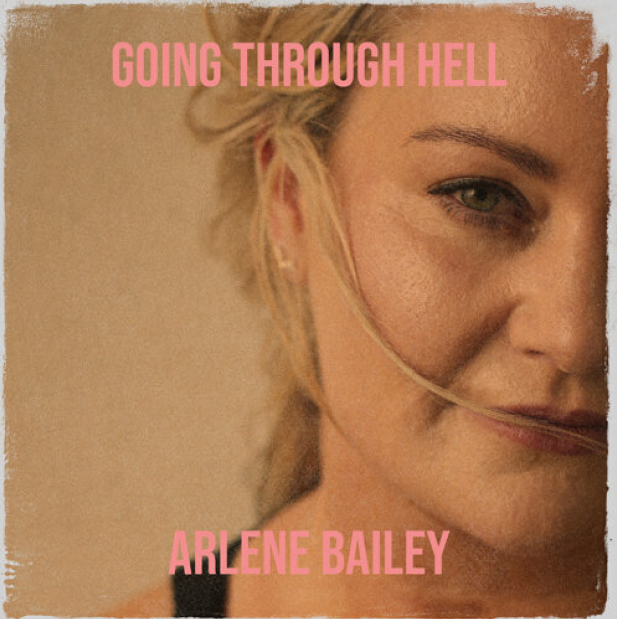UK Court’s DEA Ruling Is Good News For Creators Worldwide
 A three-judge panel at the Court of Appeal in London has ruled against appeals by BT Group and the TalkTalk Telecom Group, who were challenging an April 2011 High Court ruling against them.
A three-judge panel at the Court of Appeal in London has ruled against appeals by BT Group and the TalkTalk Telecom Group, who were challenging an April 2011 High Court ruling against them.
The ISPs had complained to the High Court that implementing measures to counter illegal file-sharing demanded by the Digital Economy Act would mean incurring disproportionate costs. They also claimed those requirements were incompatible with EU legislation on individual privacy and data protection.
The court case against the ISPs’ appeal was led predominantly by a number of interested parties who are among those involved in the Creative Coalition Campaign (CCC), which co-ordinates the UK creative industry’s response to the issue of piracy.
The decision has been welcomed across the creative sector, including CISAC member societies in the UK – DACS, Directors UK, and PRS for Music, who are part of the CCC.
Welcoming the decision, CISAC Director General Olivier Hinnewinkel said: “The judges’ ruling that the Act is proportionate, legal and enforceable paves the way for this important legislation to finally be implemented. It also sends a positive signal to creators worldwide who are facing opposition to proposed measures to effectively tackle the blight of illegal downloading and online piracy.”
Mr Hinnewinkel added: “Creators want to be able to make a living out of their art, whether in the physical or digital environment.” The UK has probably one of the largest creative sector in the world and these measures are vital to secure the future growth of the creative sector and its 1.8m jobs in the UK.
Although BT and TalkTalk could yet appeal to the UK Supreme Court, the creative sector is urging the ISPs to now enter into full discussions with rights-holders so that, jointly, they stanch the flow of illegal content flooding the Internet.
In a statement, Directors UK concluded: “We now hope to see the Government, creative industries and ISPs working together to implement the provisions set out in the Digital Economy Act, as stated in the Court’s judgment.”
The DEA came into force on June 8, 2010; UK regulator Ofcom is currently working on the final details of its implementation, which is expected to be in 2013. Both France and Ireland already have similar legislation in place, requiring ISPs to send warnings to internet users who illegally download or share copyrighted content, with a range of possible sanctions for persistent offenders including, eventually, restriction of Internet access.
The UK judgment also means ISPs will be required to pay 25% of the cost of processing information on illegal activity received from rights-holders and issuing any resulting warnings. They will also have to pay 25% of the costs of users’ appeals against sanctions.
Written by : Tom Ferguson for CISAC
Latest News
Music Creators
- Affinity Schemes
- Join IMRO
- Benefits of IMRO Membership
- IMRO Mobile App
- Members’ Handbook
- About Copyright
- Royalty Distribution Schedule
- IMRO Distribution Policies
- Competitions & Opportunities
- Travel Grant Form
- Irish Radio & Useful Contacts
- Other Music Bodies in Ireland
- Affinity Schemes
- Music Creator FAQs
- International Partners
- International Touring Guide
Music Users
- Do I Need a Licence?
- Sign Up for a Music Licence
- Pay Your Licence Online
- IMRO and PPI Tariffs
- Dual Music Licence Explained
- Music Licences for Businesses
- Music Licences for Live Events
- Music Licences for Broadcast & Online
- Music licences for Recorded Media
- Music Services B2B
- Music User FAQs
- What’s Your Soundtrack Campaign
- Terms & Conditions for IMRO Events Voucher Competition
- Cookie Policy
- Privacy Statement
- Disclaimer
- www.imro.ie
- Terms & Conditions
- © IMRO 2024
- Registered Number: 133321
Please select login
For Songwriters & Publishers
For Business Owners





